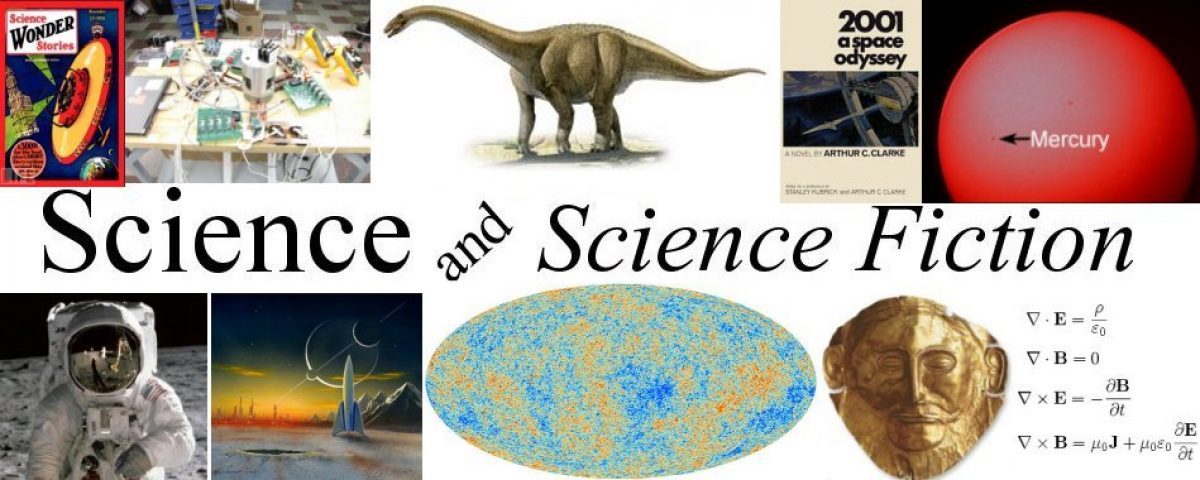The international conference on combating climate change known as COP26 has ended and so now the question can be asked, how much was accomplished? Was it enough to keep the increase in global temperature below the +1.5ºC agreed that was upon at the 2015 Paris conference? That figure of +1.5ºC happens to be the maximum value that scientists think will allow us to avoid catastrophic environment damage. Was anything accomplished in Glasgow at all?
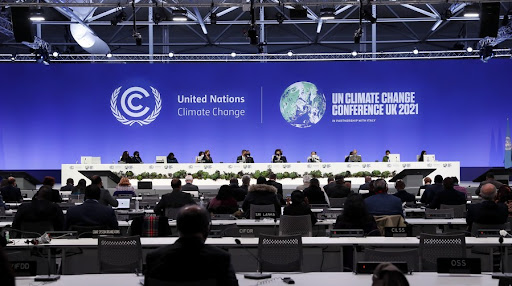
In my pre-COP26 post of 3 November 2021 I wasn’t too optimistic. The very fact that the heads of state for two of the world’s biggest polluters, China and Russia, weren’t even going to Glasgow to attend the conference certainly didn’t bode well. And the Prime Minister of India, another big emitter of greenhouse gasses, seemed to come to the conference with the full intention of preventing any meaning full progress.
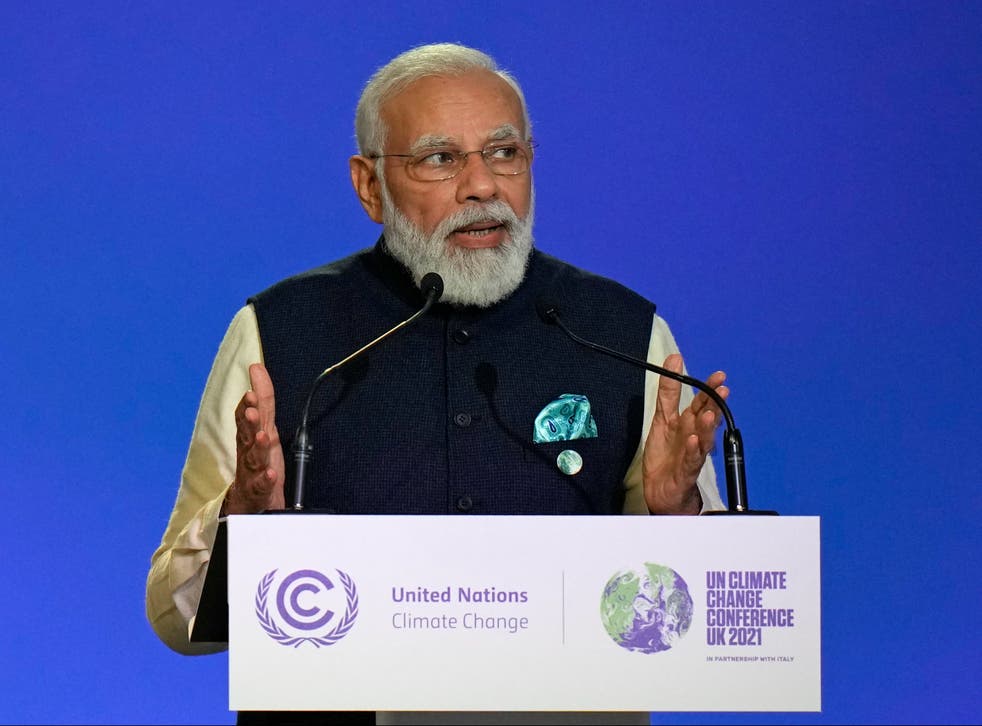
If there was going to be any progress it would all depend on how much pressure the smaller countries, especially those Island nations like the Marshall Islands and Grenada whose very existence depends on curtailing the rise of sea level due to global warming, could impose on the big polluters. Some of the big economies, the big emitters of the past like Great Britain, Germany and France supported the smaller nations and perhaps most importantly this time the United States took a leading role pushing for meaningful commitments towards reducing greenhouse gasses. Other nations like China and India however were determined to resist any threat to their growing economies.
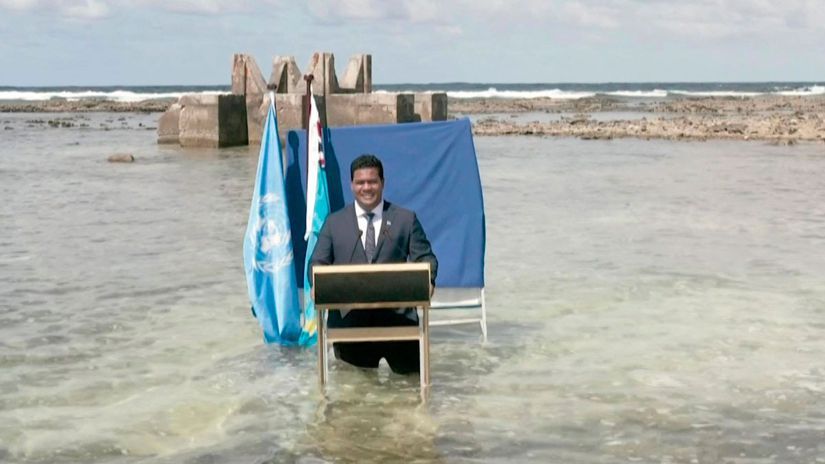
So what was actually accomplished, anything? Yes, believe it or not at least there were some meaningful, and surprising agreements made at the conference. Halfway through the conference, even as the final, big climate pact was being negotiated it was announced that a group of 30 nations had made a separate agreement to reduce deforestation by half within their collective borders by 2030. The biggest surprise about this agreement was that one of the signatories was Brazil whose Amazon rainforest has over the last decade suffered a greater amount of deforestation than anywhere else on Earth. The Amazon jungle has been christened ‘the world’s lungs’ because of its ability to remove carbon dioxide from the atmosphere and replace it with oxygen so Brazil’s agreement is a big deal.
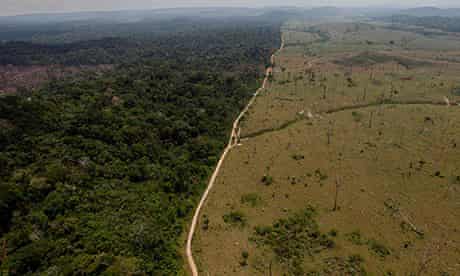
The most important part of the conference however was the final agreement, the final climate pact that had to be signed off by all of the 197 countries that participated at the conference. One major achievement in that pact was that for the first time fossil fuels were explicitly called out as being the cause of climate change. (Makes you sort of wonder how it was possible to have 25 previous climate change / global warming conferences without ever mentioning the cause!)
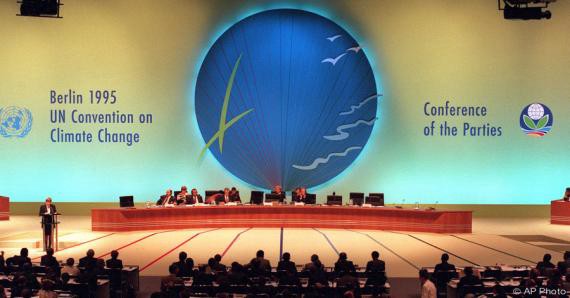
Another positive result was the promise by the world’s wealthier nations to double the amount of money they would provide to poorer nations. This money is intended to both help the small economies mitigate the effects of climate change as well as develop greener sources of energy so that they not further increase the amount of CO2 being released into the atmosphere. The new agreed amount is $200 billion per year by 2024.
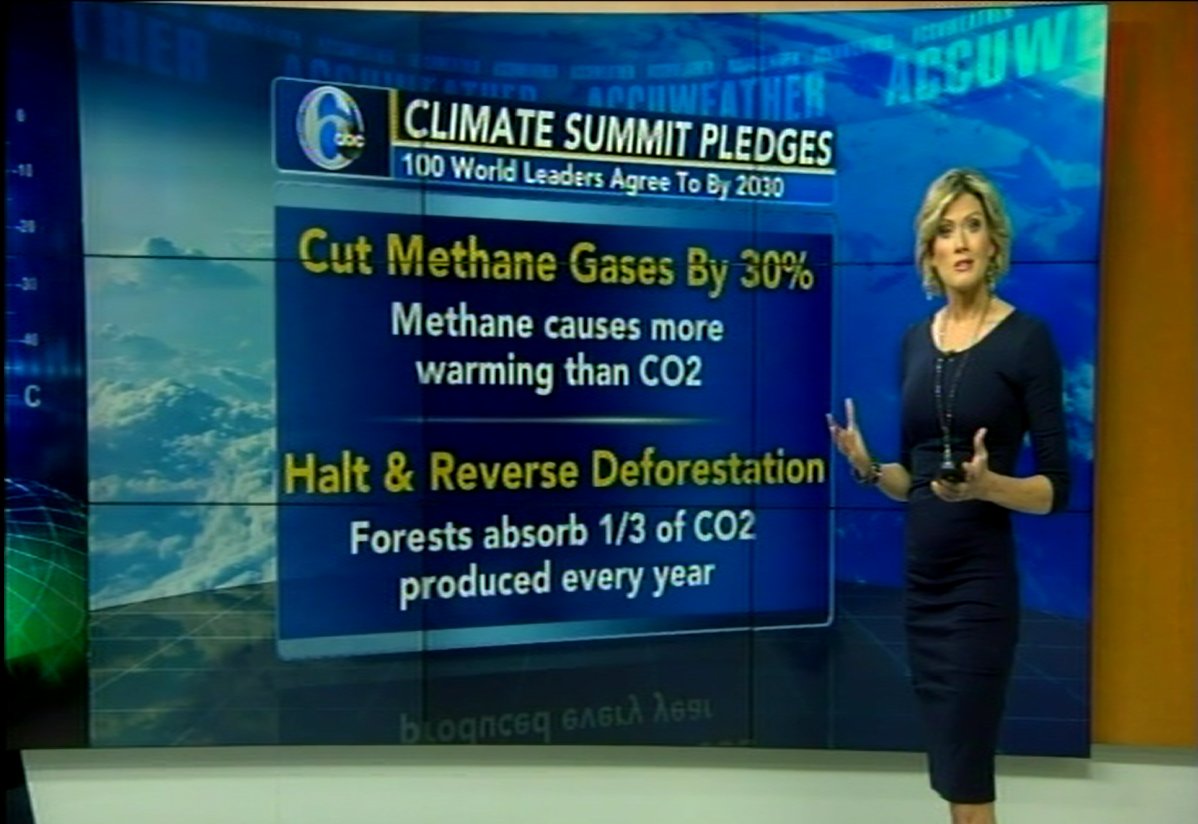
Nevertheless the final document feel well short of the hopes of climate scientists because it did not explicitly call out any actual cuts in greenhouse gas emissions from any country. Instead each country made a commitment to prepare such a concrete plan of action that will be submitted at the COP27 conference next year. The metaphor ‘kicking the can down the road’ was used several times in media reports.
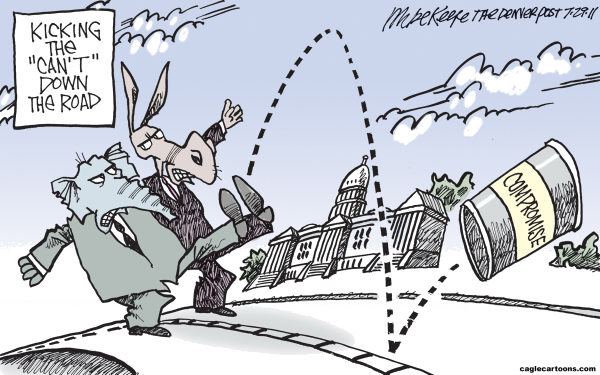
The last two days of intense negotiations actually came down to a conflict over a single word. The draft pact that had been prepared by Conference President Alok Sharma of the host nation the UK stated that the use of coal, the source of the greatest part of greenhouse gas emissions, was to be ‘cut out’ by all nations although no definite date was given. Several nations objected to the word ‘out’ and wanted it to be replaced by the word ‘down’. In the end India and Iran simply refused to accept the pact without the change so the final pact agreed upon by all the participating nations does not even call for an eventual end to the use of coal for energy!
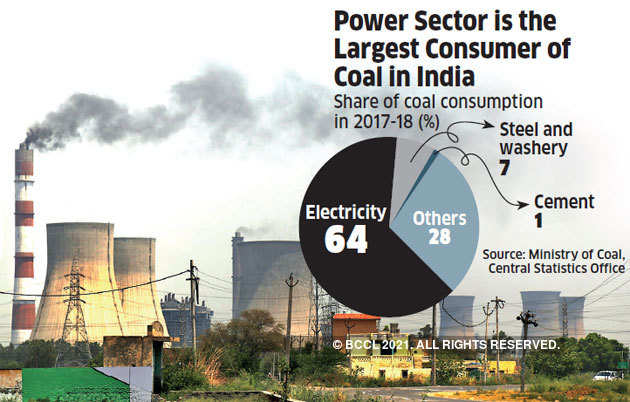
Of course the real problem is that the entire agreement is just promises, there are no consequences for any nation that fails to live up to the pact. All of which means that literally nothing could come from the COP26 climate change conference, CO2 emissions could keep on rising along with sea level, deforestation could continue unabated while wild fires destroy the rest of the trees, severe storms could continue to grow both in number and intensity.
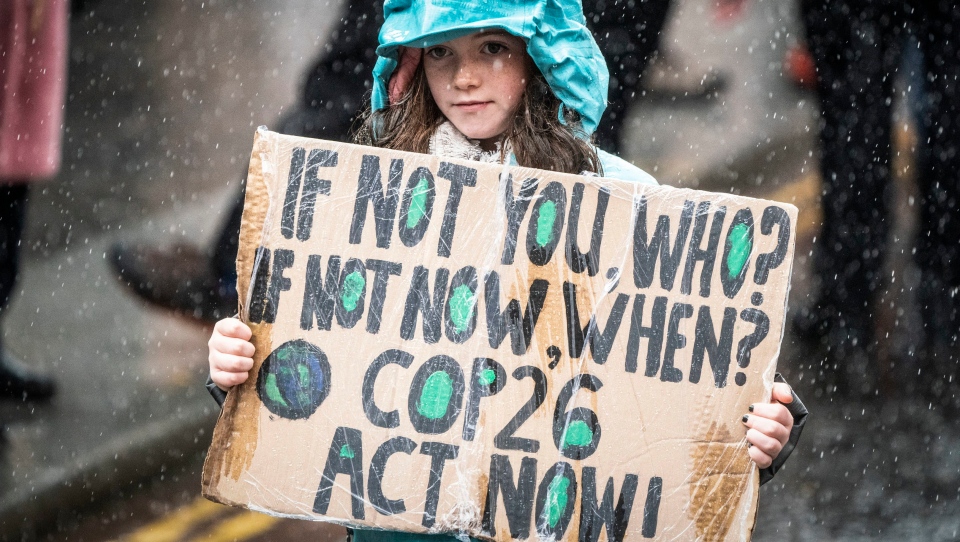
Some of you out there may be familiar with an old British comedy series called “Yes Minister / Yes Prime Minister”. The premise of the show was that a Minister in Her Majesty’s Government, Prime Minister in the second year of the show, named James Hacker matches wits with his chief Civil Servant named Sir Humphrey Appleby. The politician Hacker wants to achieve great things so that he can get re-elected while the bureaucrat Appleby wants to slow everything down with red tape. It was without doubt one of the most intelligent TV shows ever written.
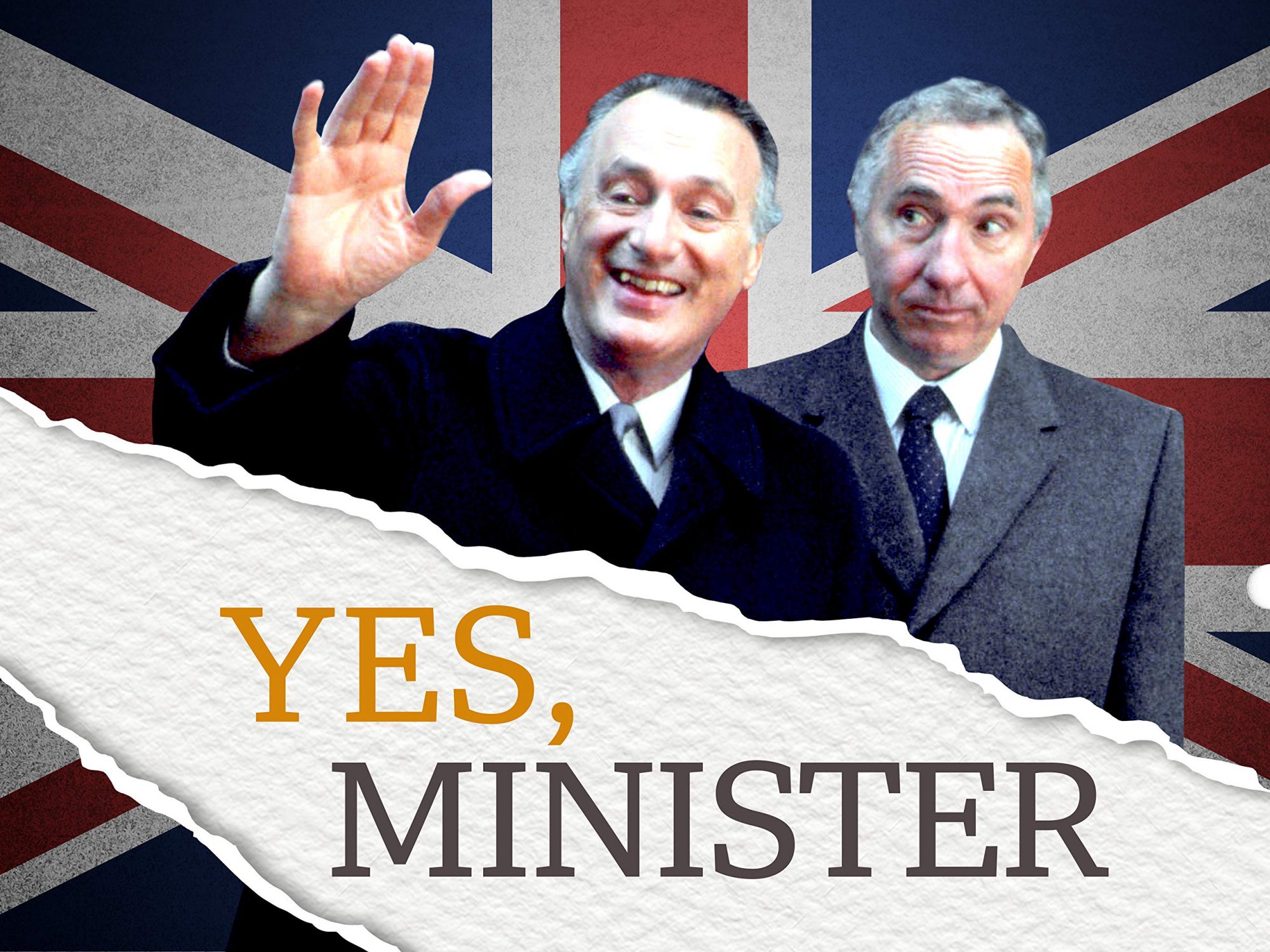
In one episode the two are arguing over exactly what constitutes efficient government. A local city council has been providing services to their people without high taxes, Minister Hacker calls that efficient. “But they haven’t been filling out their forms and submitting them,” Sir Humphrey complains, “So we don’t know what they’re doing.” The best line comes when Sir Humphrey proclaims. “We don’t measure our success by our accomplishments but by our activity!”

On that basis COP26 has been a great success because there was certainly an enormous amount of activity by hundreds of bureaucrats who did finally manage to get everyone to sign on to a massive agreement. Whether that agreement actually accomplishes anything at all only time will tell.
